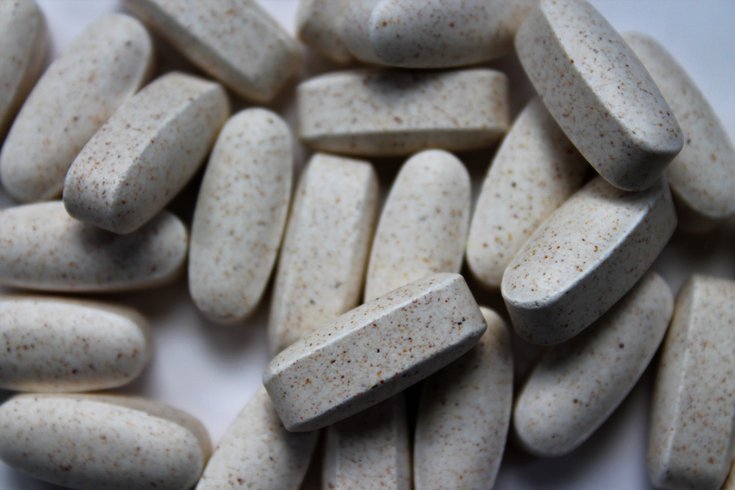
December 01, 2020
 Amanda Jones/Unsplash.com
Amanda Jones/Unsplash.com
Approximately 60,000 emergency department visits in the U.S. are caused by accidental medication overdoses among children under the age of 5, according to the Centers for Disease Control and Prevention.
More child deaths related to drug ingestion – and near deaths – occurred in Philadelphia during the first nine months of 2020 than in the full calendar years of 2018 and 2019.
In an effort to curb this alarming trend, the city has launched a new campaign dubbed "Safe Storage. Safe Kids. Safe Philadelphia."
The campaign urges parents to keep all medicines locked and out of the reach of children. Opioids, in particular, shouldn't just be placed in a medicine cabinet. Instead, they should be kept in their original packaging and stored in a locked cabinet or lockbox.
The campaign is a joint collaboration between the Department of Behavioral Health and Intellectual disAbility Services, the Department of Human Services and the Department of Public Health.
"While the health department is combating the overdose crisis throughout the city, it is not only people who use opioids that are in danger of those medicines," Health Commissioner Dr. Thomas Farley said in a news release last month. "Children can and do accidentally ingest opioids improperly stored in medicine cabinets. By storing medicine away safely we can keep children out of the hospital and safe."
Accidental medication overdoses among children under age 5 cause about 60,000 emergency department visits each year, according to the U.S. Centers for Disease Control and Prevention.
Children often mistake medicine for candy or juice. Vitamins, cleaning substances and foreign bodies such as button batteries also can be accidentally ingested, according to the Children's Hospital of Philadelphia.
Here are five simple steps to protect young children from accidental medicine ingestion or poisoning:
• Store all medicine and hazardous materials up and away from children. The safest locations are cabinets that can be locked or child-proofed with a safety latch.
• Make sure all safety caps are locked after use.
• Always put a medications away after using them, and dispose of unused medicines properly.
• Explain to children what medicine is. Emphasize that they should only take what has been given to them by an adult because they could be seriously harmed if they take it in the wrong way.
• Ask all babysitters, family members and friends to take the same precautions at their homes when children are visiting.
If a child swallows something accidentally, call 911 or drive the child to the closest emergency department. You also can call Poison Control at 1-800-222-1222. If a child is having trouble breathing, call 911 immediately.